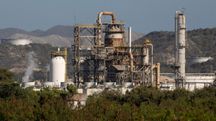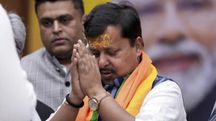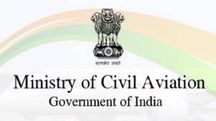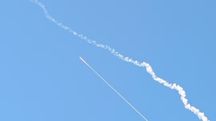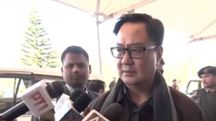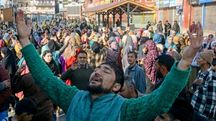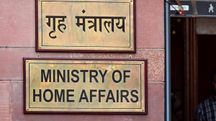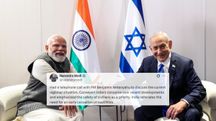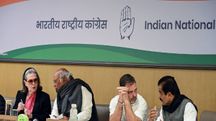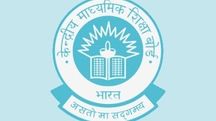Supreme Court assures Air India pilot’s father: ‘No one blames your son for the crash’
The court also criticised foreign media reports, particularly one by The Wall Street Journal, which attributed the crash to pilot error citing unnamed Indian government sources. “It was a nasty reporting, only to blame India. We are not concerned with what foreign media says. No one in this country believes it was the pilot’s fault,” the bench observed.
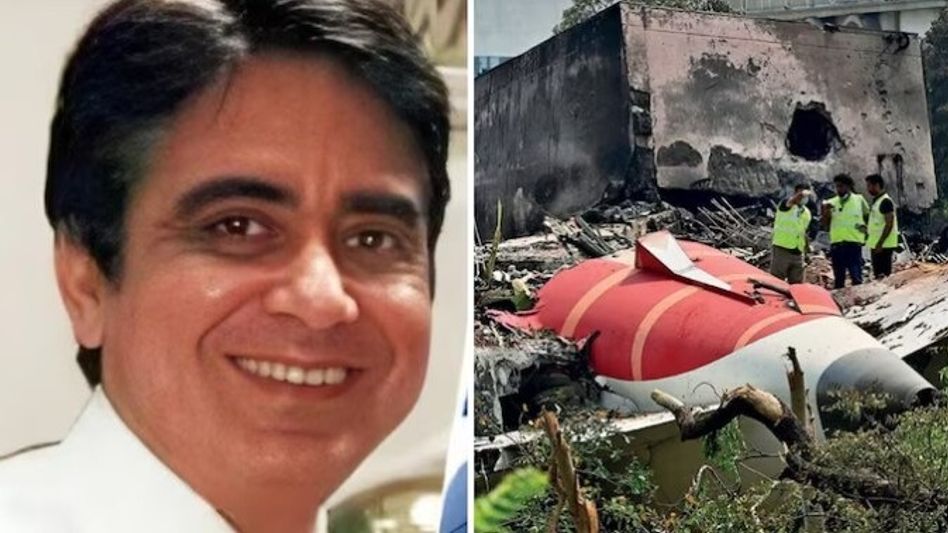
The Supreme Court on November 7 made it clear that no one holds the chief pilot of the Air India Dreamliner responsible for the June 12 crash that killed 260 people, assuring his 91-year-old father that he should not carry any emotional burden.
A bench of Justices Surya Kant and Joymalya Bagchi said the preliminary report of the Aircraft Accident Investigation Board (AAIB) made “no insinuation” against Captain Sumeet Sabharwal, who was piloting flight AI171 when it went down shortly after take-off from Ahmedabad.
“There is no suggestion of any fault in the report. It was an unfortunate accident, and the pilot is not to be blamed,” the bench told senior advocate Gopal Sankaranarayanan, appearing for the pilot’s father, Pushkaraj Sabharwal.
The court also criticised foreign media reports, particularly one by The Wall Street Journal, which attributed the crash to pilot error citing unnamed Indian government sources. “It was a nasty reporting, only to blame India. We are not concerned with what foreign media says. No one in this country believes it was the pilot’s fault,” the bench observed.
Pushkaraj Sabharwal and the Federation of Indian Pilots have sought a court-monitored inquiry, led by a former Supreme Court judge, into the Air India flight AI171 crash. The petition argues that the current investigation, dominated by officials from the Directorate General of Civil Aviation (DGCA) and state aviation bodies, lacks independence and may overlook systemic or technical faults, particularly those involving Boeing aircraft.
Justice Bagchi noted that the AAIB’s role was not to assign blame but to recommend safety improvements. “If necessary, we will clarify that the pilot cannot be blamed. We are a nation of 142 crore people and none of them believes the blame lies with the pilot,” he said.
The bench read excerpts from the AAIB’s preliminary findings issued on July 12, which only recorded a cockpit exchange between the two pilots before impact, without attributing any error.
Sankaranarayanan argued that the investigation should examine broader safety concerns linked to Boeing’s aircraft worldwide and not prematurely conclude pilot error. He stressed that Captain Sabharwal had an “unblemished 30-year career” with over 15,000 hours of incident-free flying, including extensive experience on Boeing 787-8 jets.
Justice Bagchi said that any challenge to the current investigation process must address the statutory framework under the Aircraft Act. “Your anguish is understandable, but the investigation followed due procedure,” he told the petitioner.
The Supreme Court has issued notices to the Union Ministry of Civil Aviation, the DGCA, and the AAIB, seeking their responses. The case will next be heard on November 10, along with related petitions concerning the crash.
Flight AI171 was en route from Ahmedabad to London Gatwick when it crashed near the BJ Medical College hostel, less than a nautical mile from the runway. The aircraft’s emergency locator transmitter failed to activate, resulting in the deaths of both pilots and 258 passengers on board.
Copyright©2026 Living Media India Limited. For reprint rights: Syndications Today
